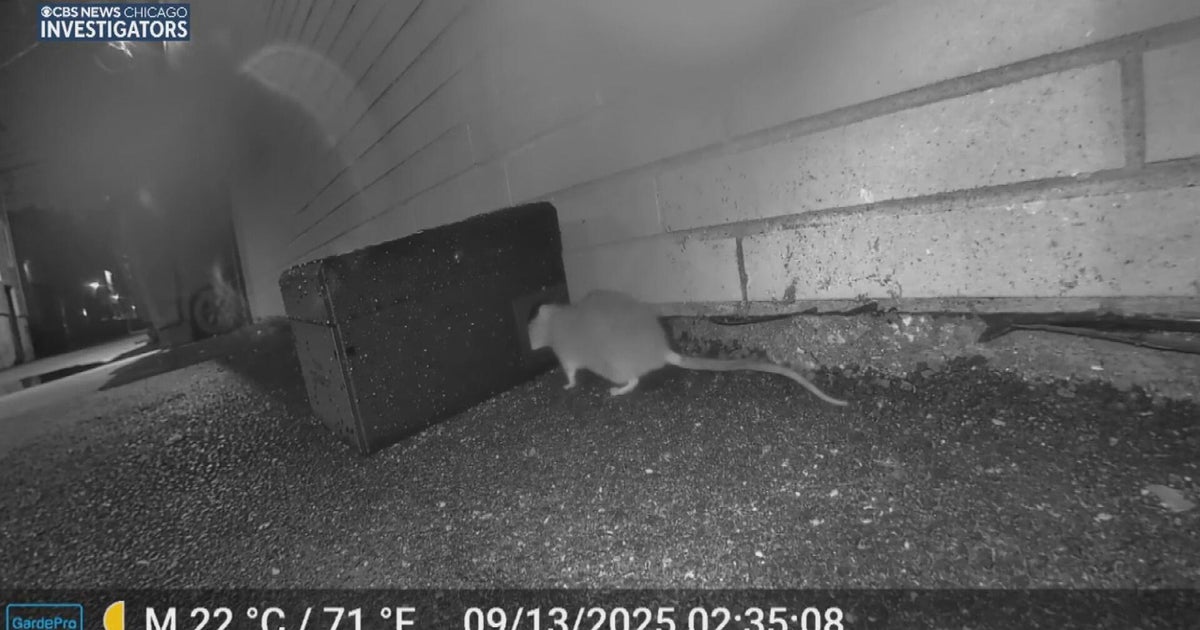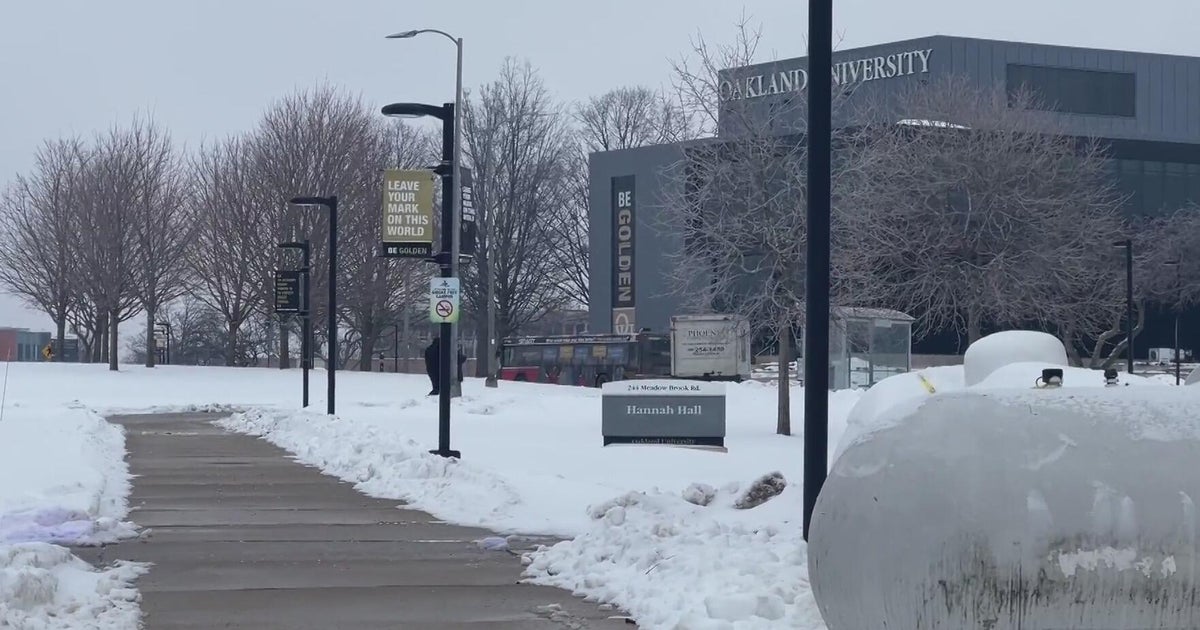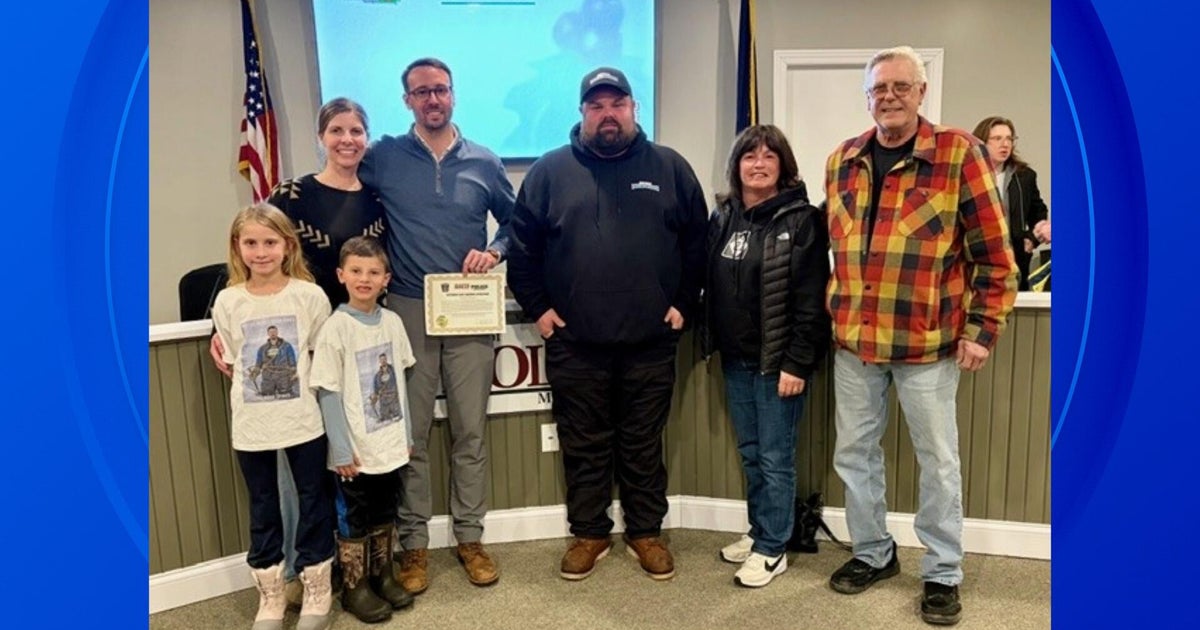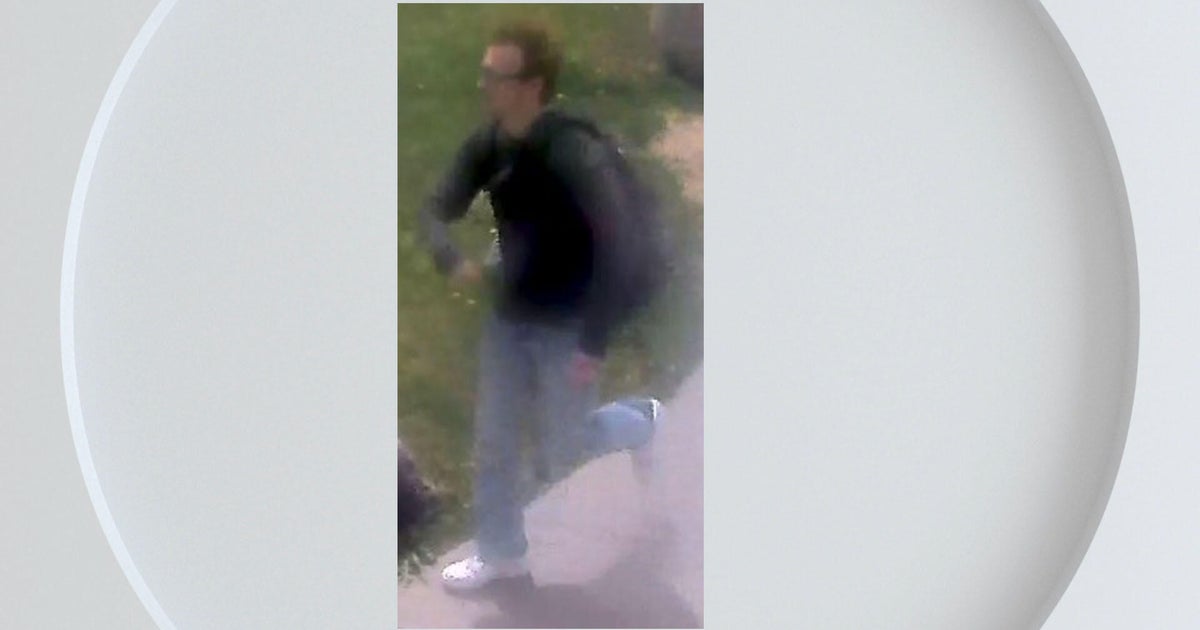Oakland Neuroscientist Who Studied Einstein's Brain Dies at 90
OAKLAND (AP) -- Marian Cleeves Diamond, a neuroscientist who studied Albert Einstein's brain and was one of the first to show that the brain can improve with enrichment, has died.
The University of California, Berkeley, where Diamond was a professor emerita of integrative biology, confirmed Diamond died July 25 at her home in Oakland, California.
She was 90.
In 1984, after receiving four blocks of the preserved brain of Einstein, she found that it had more support cells than average.
In her work with rats, she showed that an enriched environment - toys and companions - changed the anatomy of the brain.
She found that the brains of all animals, including humans, benefit from an enriched environment, and that impoverished environments can lower the capacity to learn.
"Her research demonstrated the impact of enrichment on brain development - a simple but powerful new understanding that has literally changed the world, from how we think about ourselves to how we raise our children," said UC Berkeley colleague George Brooks, a professor of integrative biology.
Her findings were initially resisted by some neuroscientists. At one meeting, Diamond later recalled, a man stood up after her talk and said loudly, "Young lady, that brain cannot change!"
"It was an uphill battle for women scientists then - even more than now - and people at scientific conferences are often terribly critical," she wrote in her 1998 book, "Magic Trees of the Mind: How to Nurture your Child's Intelligence, Creativity, and Healthy Emotions from Birth through Adolescence," co-authored with Janet Hopson. "But I felt good about the work, and I simply replied, 'I'm sorry, sir, but we have the initial experiment and the replication experiment that shows it can.'"
In a career at UC Berkeley spanning half a century, Diamond inspired thousands of students over generations, according to the university.
For decades she could be seen walking through campus to her anatomy class carrying a flowered hat box containing a preserved human brain.
© Copyright 2017 The Associated Press. All Rights Reserved. This material may not be published, broadcast, rewritten or redistributed







